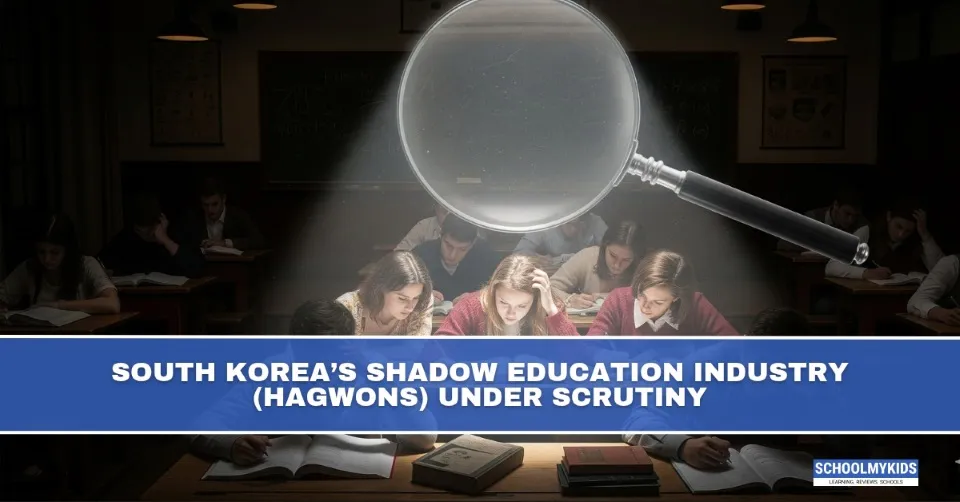South Korea’s hagwon sector, made up of private after-school academies, has long been the backbone of the country’s competitive education system. Yet in 2024 and 2025, growing concerns about academic pressure, educational inequality, and irregular practices have driven the government to take unprecedented action against these institutions.
What Are Hagwons—and Why the Crackdown?
Hagwons offer supplemental instruction ranging from basic subjects to advanced college-prep and even university-level material, catering to widespread parental and cultural demand for top test results and prestigious college placements. In 2022 alone, South Korean families spent 26 trillion won (about $19 billion USD) on private education, reflecting the enormous scale and influence of the hagwon industry.
Grounds for Reform
- Advanced Curriculum for Young Children: Authorities identified hundreds of hagwons teaching advanced high-school and even college-level courses to elementary students, contributing to stress and the race for medical school or elite university admission.
- False Advertising and Tax Evasion: The government uncovered over 130 cases involving suspicious marketing and violation of pre-curriculum learning regulations.
- Excessive Academic Pressure: Yangban culture’s focus on credentials creates intense competition, raising serious health and social concerns for young learners pushed into hours-long study schedules.
Current reforms leverage Article 8 of the Special Act on the Promotion of Public Education Normalization, which targets “pre-curriculum learning” and bans related advertising and instruction. For the first time, officials will pursue on-site inspections, levy fines, and conduct tax audits for violators.
Societal Impact and Parental Backlash
Despite regulatory efforts, the deep-rooted shadow education culture persists:
- Parents remain fearful that their children will fall behind, fueling continued demand for hagwons and pushing students into late-night study sessions.
- Recent attempts to cap hours with a 10 p.m. curfew were met with resistance, as parents and academy owners argued that demand would simply shift to private home tutoring, further widening gaps between high and low-income families.
- Some reforms, such as removing “killer questions” from college exams, aim to reduce stress without fundamentally changing the reliance on supplemental education.
Towards Public Education Normalization
The South Korean government is also launching awareness forums, education programs for parents, and increasing public school support to “normalize” learning and reduce reliance on private academies. President Yoon Suk Yeol’s administration calls hagwons a “cartel” and vows bold reforms, signaling a turning point in official attitudes toward education.
Conclusion
The hagwon industry’s scrutiny in South Korea highlights the profound clash between cultural values of achievement and the need for educational equity and well-being. As the government cracks down on advanced curricula, irregular practice, and social costs, the challenge remains: how to balance rigorous academic preparation with mental health and fairness—and whether this latest wave of reform can finally shift longstanding attitudes and practices.









Be the first one to comment on this story.